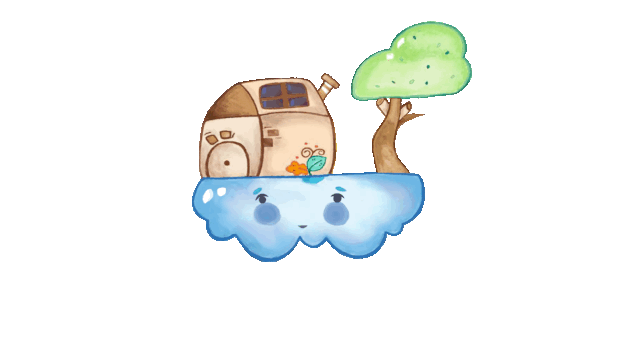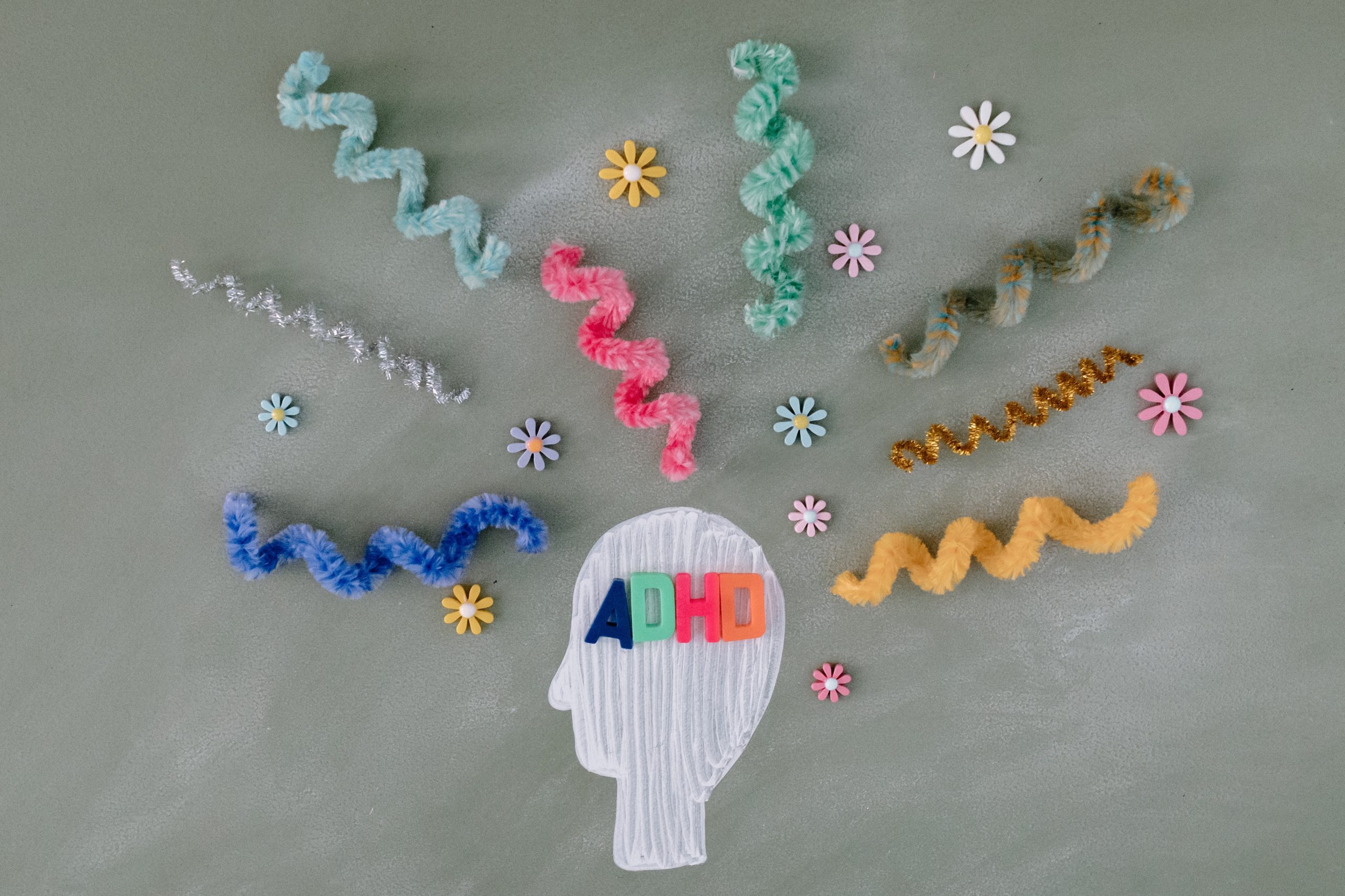
Are You Learning At Your Full Potential?
By Letitia McVey, in collaboration with Dr Amelia and the Therapy House team in Brisbane who provide assessments.

Every person has a unique set of strengths and weaknesses. Each child has extraordinary strengths as well as things they may notice are different or rather challenging compared to their peers. Despite the education system slowly moving towards individualised learning plans, in practice, we are far from it.
The current learning system is designed with a model that is supposed to fit most children. But actually, there is no “one model fits most” when it comes to learning! For this reason, many children go through school, not performing to their best capacity. Unfortunately, some of these children end up disengaging from school, build a negative view of themselves, and give up trying.
Fortunately, we live in a time where there are many tools available to understand our children’s unique learning and personal profile. Psychoeducation assessment consists of a series of reliable and robust tools that help us understand the unique circumstances for each child, to best evaluate and identify their strengths and areas that need support.
Does my Child Need a Psychological Assessment?
If any of these questions feel familiar to you, you’re not alone!
- Why does my child seem to get overly fatigued when doing schoolwork?
- Why can my child recite facts, figure out complex problems and read at home, but they just can’t keep up with their peers in class?
- My child did fine in primary school, but since starting high school they are spending so much time on homework, and I can’t get them to relax!
- My child is so articulate and clever with words, but hates school, and doesn’t want to read and write.
- My child says that school is pointless because they already know everything, and their report cards are so good that I’m worried they might stop trying.
- Why is it that I run my own business and meet with clients and generate ideas, but organizing my diary and paperwork seem impossible?
The human brain is a complex organism and there is a wide variety in how we learn. Psychoeducation assessments help us understand the unique profile of a child, or an adult, and helps establish areas that need improvement.
At Therapy House, we conduct assessments across the lifespan; for children, teens, and adults. With the overload of information available online, it can be overwhelming to decide whether you or your children would benefit from assessment. In this blog, we have tried to break down some of the key information to help you understand who might need assessment and why it could be helpful.
What is a Cognitive Assessment?
Cognitive skills are the foundation of our learning and performance. Cognitive skills include a broad range of skills such as memory, verbal skills, creative problem solving, planning and decision making. Cognitive assessment is a way of understanding cognitive strengths and challenges of an individual.
Assessments typically involve using a broad range of activities to explore areas of verbal comprehension, problem solving capacity, working memory and the speed at which the individual processes information. Using standardised testing, your results will be compared against a large sample of other people who are the same age as you and who have completed the same activities in exactly the same way. This will give us a robust benchmark to predict learning trajectories.
The prospect of comparing yourself or your child to others can be daunting, but this tool helps us to understand which of your child’s abilities fall within an average range along with the rest of the population, and which ones might deviate from the majority. This allows you and your system (family, school, workplace) to better understand how cognitive capacity may be impacting your functioning, and adjust their expectations, support and ways of working accordingly.
Why is a Cognitive Assessment Helpful?
Better understanding our cognitive strengths and challenges can make a huge difference in how we feel about ourselves! It may:
- Guide on the areas that you can use to your advantage to choose directions about learning in the future;
- Inform the unique profile of yourself or your child;
- Help to explain challenges that you or your child may be experiencing;
- Support developing environmental modifications, personal coping mechanisms or educational recommendations/adjustments;
- Inform focus areas for intervention, which typically indicates the earlier the intervention, the better the outcomes;
- Inform diagnostic processes evaluating presentations like Specific Learning Disorder, Intellectual Disability, Intellectual Giftedness or Autism and ADHD.
We believe awareness can lead to much better outcomes, not simply by knowing more but growing your confidence to communicate your needs and advocate for them to be met!
When Should I Consider Cognitive Assessment for my Child?
In psychology, it is important that we undergo cognitive assessment with good reason. If you are a parent or carer, some reasons to consider may be:
- Child is showing behavioural indicators of boredom in class – i.e. content may be too easy, and school is not able to accurately identify advancement;
- Your child hasn’t met developmental milestones and medical professionals have suggested cognitive assessment to explore functional capacity;
- Your child is displaying difficulties with following instructions;
- Your child is requiring more individualised support than expected in school;
- Child is struggling to keep up with school cohort or displaying challenging behaviours in school context;
- Sometimes cognitive assessment may be required during neurodevelopmental evaluation for presentations such as Autism or ADHD;
- Your child seems to excel in certain areas and have low capacity in others.
When Should I Consider Cognitive Assessment for Myself?
We also complete cognitive assessments for adults who may have a specific reason for assessment:
- You are struggling with certain tasks or areas of life and would like to better understand whether underlying cognitive processes may be impacting function;
- You are struggling to adjust to tertiary education and want to understand strengths and weaknesses in order to receive university or TAFE adjustments, or develop personalized strategies to support your needs;
- You require cognitive assessment for a specific workplace industry or application;
- Your psychiatrist has requested as part of a psychiatric evaluation;
- You have consistently experienced a sense of boredom due to being ahead of your peers or colleagues and want to better understand your strengths and challenges to find more stimulating environments.
Does Everybody Use the Same Cognitive Tests?
The cognitive test used will depend on the individual needs of the person.
Some of the assessments we use at the clinic are:
- Wechsler Intelligence Scales for Children – 5th Edition (WISC-V) for ages 6-16
- Wechsler Adult Intelligence Scale – 4th Edition (WAIS-IV) for ages 17+
- Wechsler Individual Achievement Test (WIAT-II) for ages 4+
- Monteiro Interview Guidelines for Diagnosing Asperger’s Syndrome (MIGDAS-2) for all ages
- Universal Nonverbal Intelligence Test 2 (UNIT-2) for ages 5 – 21 years and 11 months
Cognitive and Academic Testing
A more comprehensive psychoeducational assessment (cognitive and achievement testing) may be necessary if your referral is related to a Specific Learning Disorder or a more complex educational case. Unlike language which is naturally learned through exposure and grows through development, academic skills are only learned through instructional teaching!
Not everybody has the same capacity to pick up these skills and for some, they may never be able to pick them up. This doesn’t mean they can’t achieve anything or are less than; it just means adjusting the ways in which they learn and looking for environments that may accommodate and celebrate their differences.
Reasons you/your child may consider academic assessment might include:
- Inability to catch up with peers despite extra school and/or home support
- Ability to read sight words, but challenges with applying same decoding to new words
- Spelling words like they sound, instead of based on the conventions taught (developmentally appropriate until learning has taken place)
- Persistent letter/number reversals
- Inability to recall letter formation from memory
- Plateau in applying letter-sound relationships
- Great verbal idea production, but great difficulties with writing ideas down
- Having trouble with basic arithmetic like 2+3
- Needing to count on fingers for basic problems beyond early primary years
- Difficulties following multistep instructions
- Difficulties with day-to-day concepts like telling the time, use of money or using a calendar
We also offer assessment for areas of emotional, social and behavioural skills and weaknesses during the psychoeducation assessment. This can inform reasons underlying a child’s anxiety, self-esteem issues, peer relationship problems, school avoidance, and a range of difficulties a child might face. Check out our blog on ADHD for more information!
Specific Learning Disorders
There are three types of Specific Learning Disorders (SLD), and it can be important to understand the difference. It’s possible that you or your child could have just one, or all three!
- Dyslexia is an SLD in the area of Reading, which may relate to reading accuracy, speed, or comprehension. Spelling difficulties can also be a sign of dyslexia.
- Dysgraphia is an SLD in the area of Written Expression, which may relate to challenges in use of correct grammar or punctuation, poor clarity of expression or organisation of text.
- Dyscalculia is an SLD in the area of Mathematics, which may relate to challenges with number sense, calculation or arithmetic facts, or difficulties with mathematical reasoning.
To meet the criteria for an SLD, a practitioner needs to quantify that you/your child performance is unexpectedly underachieving in one or more of the areas above. This typically means significantly below expected age/grade level, and not better explained by:
- Low cognitive ability or intellectual impairment
- Missed learning (school interruptions or absence)
- Lack of language proficiency (i.e. significant language delays or linguistically diverse background where child was learning English for first year of schooling)
- Hearing or visual difficulties
There are other criteria that a practitioner may discuss with you during the process.
Example 1: School has reported that your 9-year-old is having significant difficulties keeping up with schooling and is behind expected level for Maths and HASS. Cognitive assessment reveals that they have a low IQ but are not intellectually impaired. Achievement testing shows overall low achievement with some strengths in word decoding and oral word fluency.
Outcomes may explain that low cognition best explains your child’s underperformance at school, but adjustments to assessment formats and encouragement around areas of strength may reduce barriers within the education system and support child in developing a positive self-concept.
Example 2: School has provided your child with some small group supports regarding reading comprehension throughout grade 2, however final report card still shows they are behind their peers in English. Cognitive assessment reveals that your child has a high average IQ, with strength in verbal comprehension. Achievement testing shows strengths in maths, listening comprehension and word reading, however shows significantly lower scores on reading comprehension.
After gathering further information about earlier schooling years and home reading routines, the clinician can determine your child meets criteria for Dyslexia and provides recommendations for school adjustments to reduce barriers to learning and achievement across schooling and adult life. This diagnosis helps your child understand that they are not “dumb”, their brain is just wired differently, and they need to develop different ways of achieving things and be provided with tools to help them compensate in areas that may always be harder.
What can we do in the meantime?
If you are considering assessment, some simple steps to take include:
- Gather information from your systems – observations, documentation and/or intervention details;
- Do some reading, listening, or watching! There is a lot of information out there which can help in educating you about what a particular condition is and what others’ real-life experience is of understanding, accepting and utilising it. TED talks, organisations, Facebook groups and podcasts can be a great start.
- Always consider your strengths – we have never assessed anybody of any age that hasn’t presented with some kind of strength! From their creativity, humour, resilience, emotional awareness or logic, there is always something to celebrate amongst the reality of their difficulty. today.
If you are in Brisbane or happy to do things remotely, we hope we might be able to be part of your journey to understand both! See more info on Our Assessments or Contact Us today.




